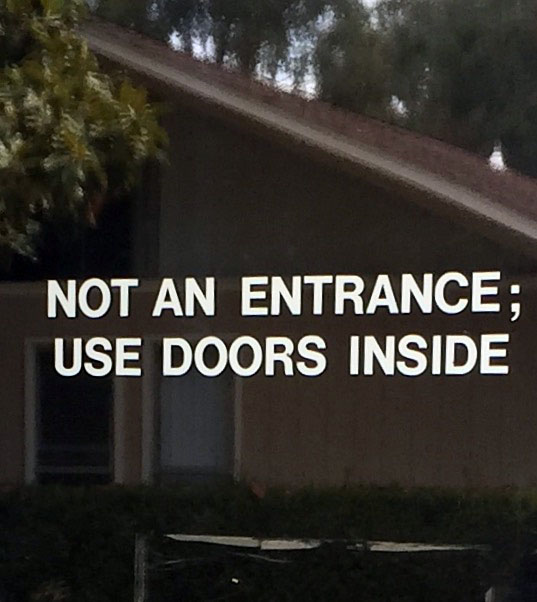Uncontrolled emotion is the problem:
How managers handle emotion can be a huge problem in the workplace. Authors Travis Bradberry and Jean Greaves, use the idea of emotional intelligence to help us act like adults when we really want to throw a tantrum. Using four areas of competence, the authors break down the process of understanding and improving ourselves in a way that’s easy to understand and practice. The areas are: (1) Self-Awareness, (2) Self-Management, (3) Social Awareness and (4) Relationship Management. if your managers are proficient in these areas they will be way ahead of the curve.
Question: Why is maturity difficult for managers to master?
The problem often surfaces when an employee steps on the first rung of the “management” ladder. At some point, the company sends the newbie through it’s in-house training program. The attempt to prepare newly minted managers rarely include the soft skills necessary to navigate the emotional-filled human waters. In fact, many programs only concentrate on hard skills designed to teach how to get the work done but not how to get people to do it. Learning the company’s accounting processes is great but managers also need to master skills such as emotional readiness, effective communication and how to give and receive feedback. Unfortunately, these skills are often taught as the result of some managerial misdeed or employee complaint, and usually at the suggestion of HR. Depending on the severity of the situation, it can be too late at that point.
Answer: Self-Awareness is the key!
So how can you make sure that your managers are emotionally ready to move up the ladder? It’s really not that hard. Look at the four areas of competence outlined above, see where you stand, and take action to improve. For instance:
- Work on becoming more self-aware. After you experience an emotional reaction to a situation, take time to put a name to the emotion. Was it anger or disappointment? Consciously think about how it affected you, both physically and psychologically. Did your heart-rate increase? Are you depressed or excited? In short, take the time to find out what happened and then find ways to address it. With practice you should eventually be able to do this in the moment. When you can readjust as things are happening your emotional intelligence will begin to grow.
- Assess yourself
- Take the assessment in the Bradberry and Greaves book, Emotional Intelligence 2.0(1). not only will you be able to get a sense of where you are emotionally, the book includes helpful strategies for improvement that you can measure by retaking the assessment at a later date.
- Online assessments are also available that measure different aspects of emotional intelligence. Some seem pretty substantial while others have quizzes like the fun ones you might find on some social media sights. Regardless of what assessment you use knowing something is better than not having a clue. Go play.
- Log your emotions for awhile and look for patterns. Use a simple spreadsheet and include things such as:
- Who caused the emotion
- When it happened
- What was the topic
- What was the emotion (name it)
- How you either heightened (if good) or diminished (if bad) the emotion
Leaders are chosen for their ability to make good decisions. Why not start with deciding to be the best leader you possibly can?
(1) Bradberry, T. and Greaves, J. (2009). Emotional Intelligence. San Diego, CA: TalentSmart®

 Anthony is a junior manager who reports directly to you. During his first 2 years, things were fine but over the past 6 months he’s noticed that the performance of one of his employees, Jeremy, has been steadily declining. Additionally, others have told him that Jeremy is rude, abrasive and routinely makes costly errors.
Anthony is a junior manager who reports directly to you. During his first 2 years, things were fine but over the past 6 months he’s noticed that the performance of one of his employees, Jeremy, has been steadily declining. Additionally, others have told him that Jeremy is rude, abrasive and routinely makes costly errors.